Electric Storage Units: Essential Devices for Future Homes and Businesses
As the global energy landscape evolves, electric storage units are emerging as pivotal components in both residential and commercial settings. These units not only enhance energy efficiency and reliability but also support the integration of renewable energy sources. This article explores the importance of electric storage units, their benefits, applications, and future prospects.
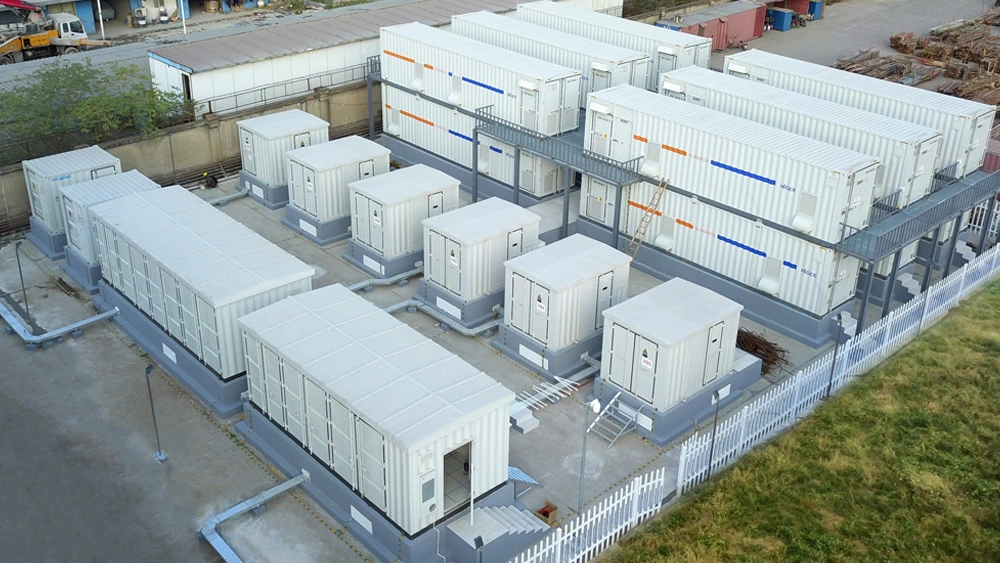
1. What Are Electric Storage Units?
Electric storage units, also known as energy storage systems (ESS), store electrical energy for later use. They are critical in balancing supply and demand, stabilizing the grid, and ensuring a reliable energy supply. These units can be charged during periods of low demand or high production and discharged when needed, making them an integral part of modern energy infrastructure.
2. Benefits of Electric Storage Units
- Enhanced Energy Efficiency: Electric storage units optimize energy use by storing excess energy during off-peak hours and releasing it during peak demand. This reduces the strain on the grid and lowers energy costs.
- Reliability and Resilience: These units provide backup power during outages, ensuring continuous operation of essential devices and systems. This is particularly crucial for businesses and critical infrastructure.
- Integration of Renewable Energy: By storing energy generated from renewable sources like solar and wind, electric storage units mitigate the intermittency of these resources, promoting a more sustainable energy mix.
- Cost Savings: Electric storage units can reduce electricity bills by utilizing stored energy during peak hours when electricity rates are higher. Businesses and homes can significantly cut costs through effective energy management.
- Environmental Benefits: By enabling the use of renewable energy and reducing reliance on fossil fuels, electric storage units contribute to lower greenhouse gas emissions and a cleaner environment.
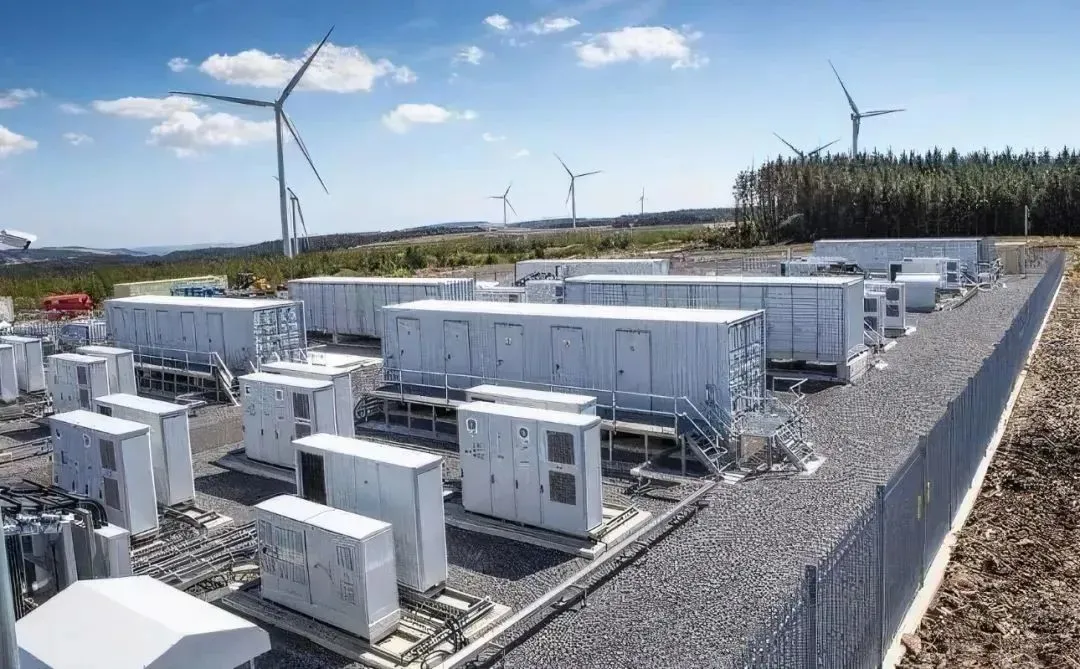
3. Applications in Homes and Businesses
- Residential Use: In homes, electric storage units can store energy from solar panels for use during the night or cloudy days. They can also provide backup power during grid outages, ensuring that critical appliances like refrigerators and medical devices remain operational.
- Commercial Use: Businesses can benefit from electric storage units by managing energy consumption more efficiently. These units help businesses avoid peak demand charges and ensure an uninterrupted power supply for critical operations.
- Industrial Applications: In industries, electric storage units support large-scale energy management, helping to balance loads, improve power quality, and reduce operational costs.
4. Future Prospects of Electric Storage Units
The future of electric storage units looks promising, driven by advancements in technology and increasing demand for sustainable energy solutions. Key trends include:
- Advancements in Battery Technology: Continued research and development are leading to more efficient, cost-effective, and longer-lasting batteries. Innovations in lithium-ion, solid-state, and flow batteries are particularly noteworthy.
- Integration with Smart Grids: Electric storage units will play a crucial role in the development of smart grids, which use digital technology to optimize energy production, distribution, and consumption.
- Policy and Incentive Support: Governments worldwide are recognizing the importance of energy storage and are implementing policies and incentives to promote its adoption.
- Scalability and Modular Solutions: Future storage systems will be more scalable and modular, allowing for easy expansion and adaptation to varying energy needs.
Conclusion
Electric storage units are essential devices for future homes and businesses. They enhance energy efficiency, ensure reliability, support renewable energy integration, and offer significant cost savings. As technology advances and adoption increases, these units will become even more integral to our energy systems, contributing to a sustainable and resilient energy future.
Contact us
- [email protected]
- Tel: +86 13651638099
- Address: 333 Fengcun Road, Fengxian District, Shanghai
Get A Quote Now!
Read more
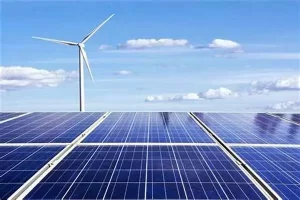
Unveiling Photovoltaic+Energy Storage: Four Major Application Scenarios Leading the Future of Energy
In this way, the energy landscape is evolving, and one of the most thrilling developments in renewables is the integration of photovoltaics energy storage.

From Theory to Practice: Four Methods for Estimating Photovoltaic Power Generation
Photovoltaic power generation has become an essential part of modern energy solutions, particularly in home solar systems and distributed power applications
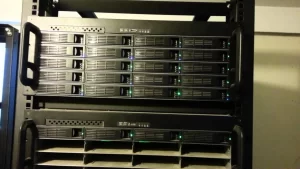
Rack-Mounted Lithium Iron Batteries: Creating Efficient and Reliable Energy Storage Solutions
When it comes to modern energy solutions, rack-mounted lithium iron batteries are taking center stage in a variety of industries. Whether you’re powering data centers, stabilizing energy for households, or keeping critical systems online at 5G base stations, these batteries have become the unsung heroes of our electrified world.
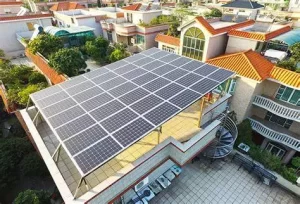
Late Night Energy Saving Tips: How to Maximize Electricity Savings During Off-Peak Hours
With rising energy costs, homeowners are increasingly exploring innovative ways to save on their electricity bills. One effective approach is utilizing off-peak hours—times when electricity rates are significantly lower due to reduced demand.
